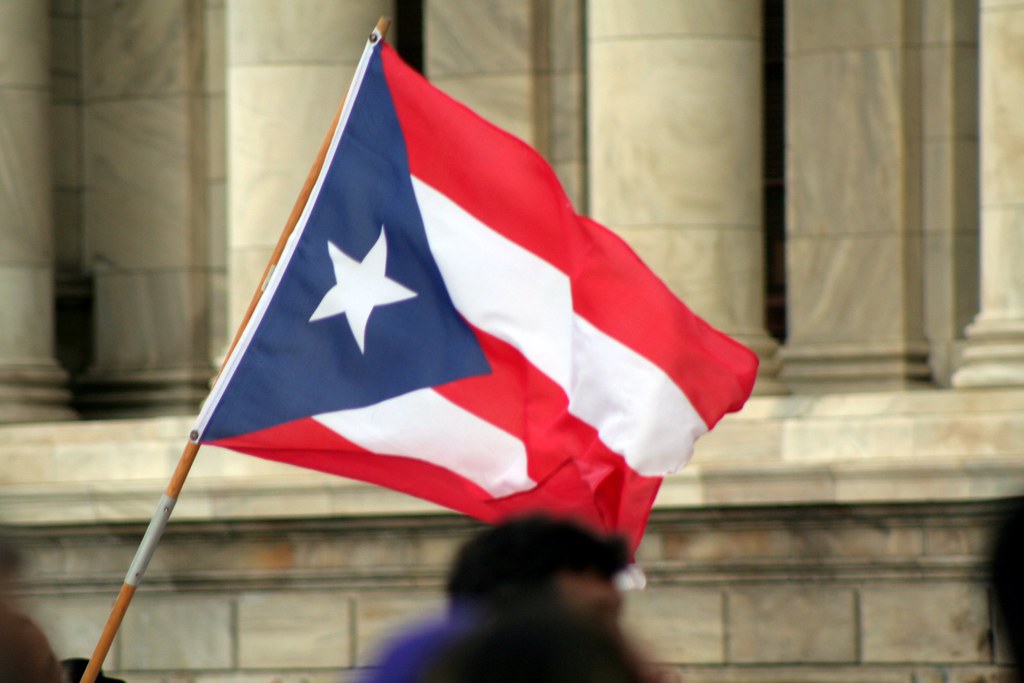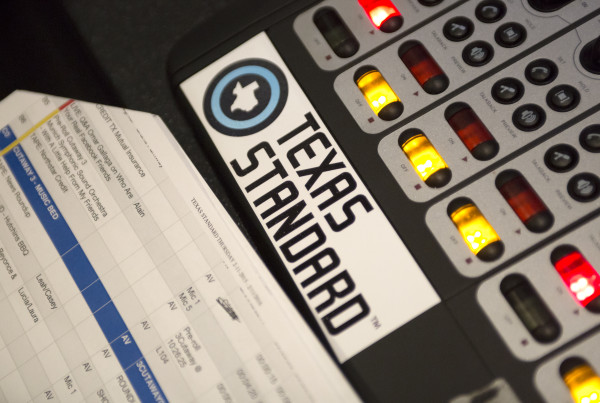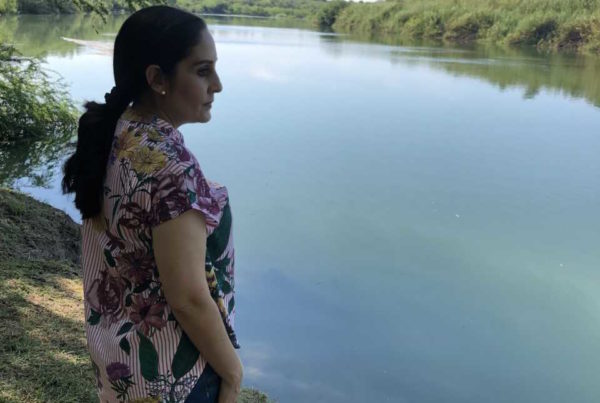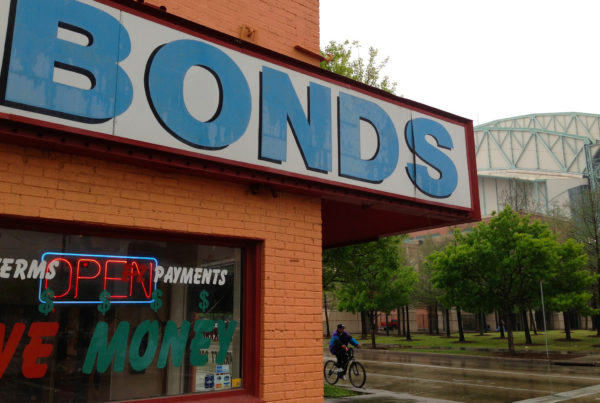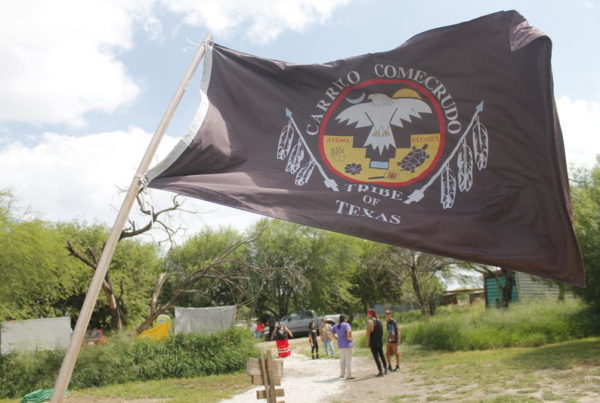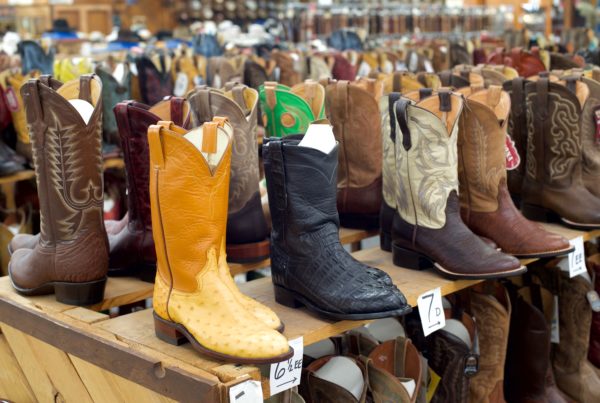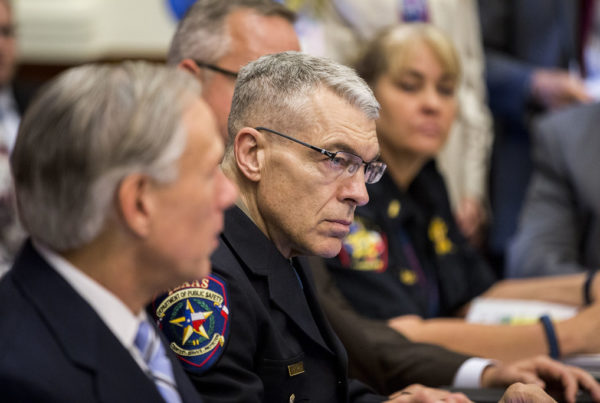Liliana Diaz lives in El Paso. But the rest of her family – her parents, even her daughter – live in Puerto Rico.
She says corruption is nothing new there. But the recent scandal, known as “Chatgate,” was a turning point. Chatgate arose out of leaked text messages between Puerto Rico’s governor, Ricardo Rosselló, and other government employees. He had said offensive things about members of the LGBTQ community, women and victims of Hurricane Maria.
“It really hurt us, our feelings, very deeply. You know? He talked about the people that were dead from Hurricane Maria, he talked about the community,” Diaz says.
Then came the massive protests, which eventually led to Rosselló’s resignation – something he, at first, vowed he wouldn’t do. He will officially resign on Friday, Aug. 2. But it’s not yet clear who will take his place. Those next in line have either resigned or bowed out.
When the protests picked up in San Juan, before anyone knew whether Rosselló would resign, Diaz wanted to do something despite living so far away. So, she helped organize a rally in El Paso.
“We just had to do something, you know? It was something we felt from the bottom of our hearts; we need to step up. … It’s humiliating for a lot of us to be having this come out and be doing nothing about it,” Diaz says.
Jason Torres lives in Austin but he was born in Puerto Rico, and has family members who still live there. He says he and many of the Puerto Ricans he knows have spent a long time watching natural disasters or other problems there from a distance, and wanting to do more.
“We have been part of, or have witnessed, different strife in many years, and this was just the last straw that we could take,” Torres says.
Torres says he joined protests in Austin to show solidarity with his relatives and friends in Puerto Rico.
“It is important for them to know, at home, my friends who were in protest, my friends who marched, my friends who sent me photos after marching in San Juan and getting tear-gassed in their faces and telling me, ‘Hey, this is horrible.’ Or making a live video and showing me what was happening around. It’s good to tell them, ‘Hey, we are with you. We are outside but we are you,’” Torres says.
Maria Elena Vizcaíno is a breaking-news intern with The Dallas Morning News, and wrote about protests in Dallas. She says the protests were different than those she’s seen before.
“They were dancing, they were singing, they were playing bongos and they were playing, like, a tambourine, and they were singing songs from Puerto Rico,” Vizcaíno says. “I couldn’t tell you which were the songs, but I could tell … they would tear up when they were singing because obviously it reminded them of their homeland.”
Vizcaíno says some people told her they’d been in Texas for decades, while others had only left Puerto Rico in the aftermath of Hurricane Maria.
“I remember one woman told me, ‘Todo el mundo tiene muerto en Maria’ – everybody has a corpse in their family or in their close friend group or something that Maria is to blame for,” Vizcaíno says.
Which is why the revelation that those in the government would make fun of victims was particularly shocking and hurtful.
But Liliana Diaz says she finds comfort in how Puerto Ricans used that pain to get something done.
“It feels very good; it feels very good that we, as Puerto Ricans, got reunited, not only here in Texas but around the world,” Diaz says.
She says the Puerto Rican community and its supporters in El Paso plan to continue to get together.
And Austinite, Jason Torres, says the fight to end corruption in Puerto Rico is not over.
“It’s just the beginning of a real – something that we’ve never seen in our history,” he says.
It might be a long road ahead for Puerto Rico. But Texans with Puerto Rican ties say they’re in it for the long haul.


